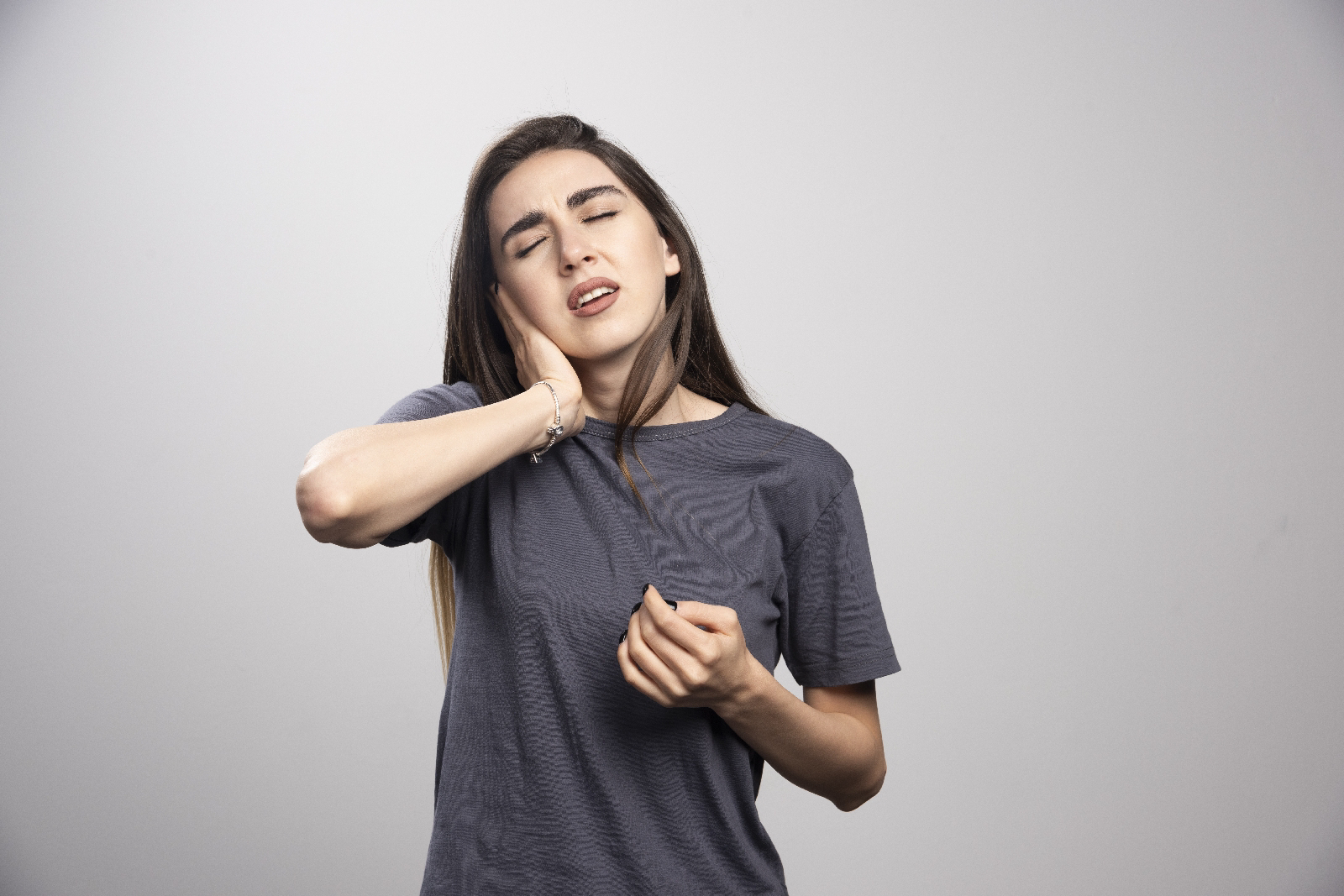Pneumonia Vaccine 101: Key Facts and Insights
Pneumonia is a lung infection that can have major health repercussions, especially in susceptible groups like children, the elderly, and people with compromised immune systems. The pneumonia vaccination is a potent weapon against this disease, thanks to modern medicine. The importance, efficacy, safety, and recommendations for the pneumonia vaccine for various age groups will all be covered in this blog post's essential facts and insights.
Knowledge about Pneumonia
Pneumonia is an illness that irritates the lungs' air sacs, causing them to swell and secrete fluid or pus. Different infections, such as bacteria, viruses, or fungus, can cause it. Chest pain, weariness, chest tightness, fever, coughing, and difficulty breathing are all typical signs of pneumonia.
It is a major global cause of disease and mortality, especially in vulnerable communities.
The Value of the Pneumonia Vaccine
One of the best ways to stop pneumonia and its complications is by vaccination. By encouraging the immune system to identify and combat particular microorganisms that cause pneumonia, the pneumonia vaccination lowers the chance of infection and its serious effects. Individuals can protect themselves and help the community-wide decline in pneumonia cases by getting vaccinated.
Pneumonia Vaccine Types
Pneumococcal conjugate vaccination (PCV), which protects against pneumococcal bacteria, and
PPSV, or pneumococcal polysaccharide vaccine. The most prevalent strains of the Streptococcus pneumoniae bacteria are protected by PCV, while a wider range of strains are covered by PPSV.
Age-Specific Recommendations for Pneumonia Vaccination
1. Children and babies: The Centers for Disease Control and Prevention (CDC) advise routine PCV immunization for babies beginning at 2 months of age, followed by further doses at predetermined intervals.
- For some high-risk youngsters and those with particular medical conditions, a booster dosage of PPSV is often advised.
2. Adults: It is typically advised that adults 65 years of age and older receive both the PCV and PPSV vaccines, with the precise time and intervals depending on individual variables.
- People who suffer from certain medical diseases, such as diabetes, asthma, or a compromised immune system,
may also receive advice to get immunized.
Vaccine Safety and Effectiveness
The safety and effectiveness of pneumonia vaccinations in avoiding pneumonia-related diseases have been established. Invasive pneumococcal disease, which can cause serious illnesses like meningitis and bloodstream infections, is considerably less likely to develop as a result. To further reduce their risk, people should continue to practice basic hygiene habits like handwashing and respiratory etiquette. It's crucial to remember that immunizations may not always offer 100% protection.
Potential Negative Effects
Like any vaccine, the pneumococcal vaccine may cause modest side effects, such as brief weariness, discomfort at the injection site, or a low-grade fever. Usually moderate and brief, these symptoms go away on their own in a few days. Although uncommon, serious negative effects might happen.
Conclusion
A key aid in avoiding and lessening the impact of pneumonia, a potentially serious respiratory infection, is the pneumonia vaccine. People can dramatically lower their chance of developing pneumonia and safeguard themselves, their loved ones, and the larger community by being aware of its significance, adhering to the advised immunization regimens, and maintaining excellent cleanliness. Consult with your healthcare professional if you have any worries or inquiries about the pneumococcal vaccine. They can offer individualized guidance based on your unique situation.
Remember that the best way to protect your health and advance a healthy society is to be proactive about preventive measures like immunization.





Comments
Post a Comment